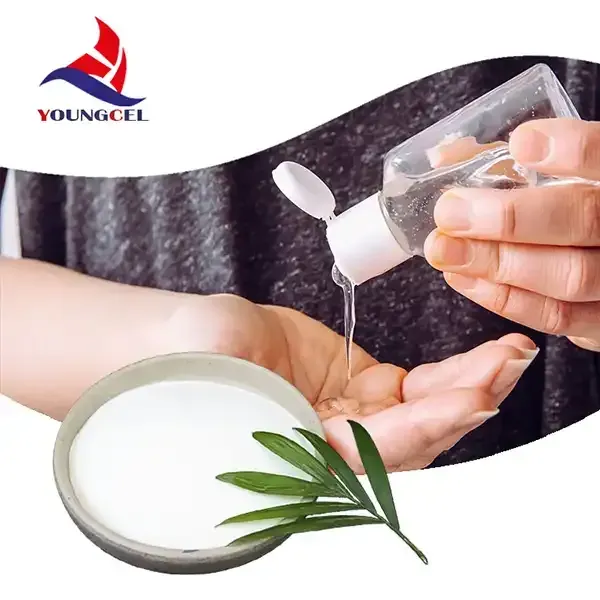Understanding HPMC Thickener Applications and Benefits
Hydroxypropyl Methylcellulose (HPMC) is a versatile, non-ionic cellulose ether that has gained significant popularity in various industries due to its thickening, emulsifying, and film-forming properties. HPMC thickener plays a crucial role in enhancing the performance and stability of numerous products, making it indispensable in formulations within the food, pharmaceutical, and construction sectors.
What is HPMC?
HPMC is derived from natural cellulose, obtained from plant materials. The modification process involves hydroxypropylation and methylation, which results in a compound that is soluble in water and forms a gel-like consistency when mixed. This solubility in both cold and hot water makes HPMC particularly useful in applications where a stable viscosity is required.
Applications of HPMC Thickener
1. Food Industry In food processing, HPMC is frequently employed as a thickener, stabilizer, and emulsifier. It is commonly found in products such as sauces, dressings, baked goods, and ice creams. Its ability to retain moisture helps improve the texture and shelf life of food items, making them more appealing to consumers.
2. Pharmaceuticals HPMC is widely used in the pharmaceutical industry for the formulation of various drug delivery systems. It serves as a binder in tablet formulations, providing necessary cohesion among ingredients. Additionally, in liquid formulations, HPMC acts as a viscosity enhancer, improving the stability and bioavailability of active pharmaceutical ingredients (APIs).
hpmc thickener

3. Cosmetics and Personal Care In personal care products, HPMC functions as a thickening agent in lotions, creams, and shampoos. Its gel-forming properties help in achieving the desired consistency while enhancing the products' moisturizing attributes. Moreover, it helps stabilize emulsions, ensuring that oil and water components do not separate over time.
4. Construction The construction industry utilizes HPMC as an additive in cement and mortar formulations. It improves workability, prevents sagging, and enhances water retention, which is vital for hydration of the cement. By employing HPMC, builders can achieve a higher level of performance in their construction materials.
Benefits of HPMC Thickener
- Stability HPMC provides excellent stability throughout product shelf life, minimizing phase separation and ensuring consistent texture and viscosity. - Versatility Its ability to function in a wide range of pH levels and temperatures makes HPMC suitable for diverse formulations across various industries. - Non-toxic and Safe As a non-ionic compound derived from natural cellulose, HPMC is generally regarded as safe for consumption. This property is particularly important in food and pharmaceutical applications. - Low Sensitivity to Electrolytes Unlike some other thickeners, HPMC shows minimal sensitivity to salts and other electrolytes, maintaining its thickening efficiency in diverse formulations.
Conclusion
HPMC thickener stands out as an essential ingredient across multiple industries due to its multifunctional properties. Its ability to enhance texture, stability, and overall product performance makes it a valuable asset to manufacturers aiming to improve their offerings. As trends towards natural and safe ingredients continue to grow, the importance of HPMC in formulation chemistry will likely increase, paving the way for innovative applications and products that leverage its unique benefits. Whether in food, pharmaceuticals, cosmetics, or construction, HPMC proves to be a reliable and effective thickening agent, benefiting both producers and consumers alike.
-
Rdp Powder: Key Considerations for Wholesalers in the Building Materials IndustryNewsJul.08,2025
-
Key Considerations for Wholesalers: Navigating the World of Hpmc - Based ProductsNewsJul.08,2025
-
Hpmc Detergent: Key Considerations for WholesalersNewsJul.08,2025
-
Key Considerations for Wholesalers: China Hpmc For Tile Adhesive, Coating Additives, Concrete Additives, and MoreNewsJul.08,2025
-
Crucial Considerations for Wholesalers: Navigating the World of Construction MaterialsNewsJul.08,2025
-
Key Considerations for Wholesalers Sourcing Additive For Cement, Additive For Concrete, Additive For Putty from Additive Manufacturer Shijiazhuang Gaocheng District Yongfeng Cellulose Co., Ltd.NewsJul.08,2025




